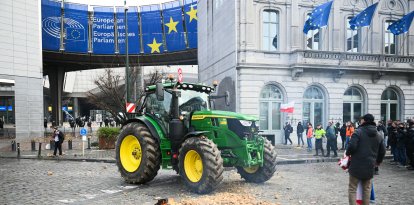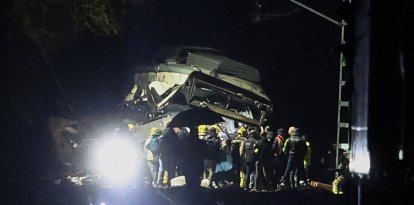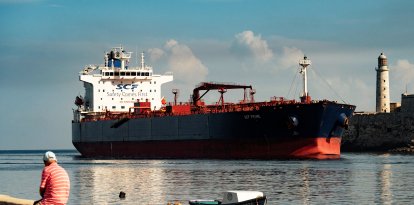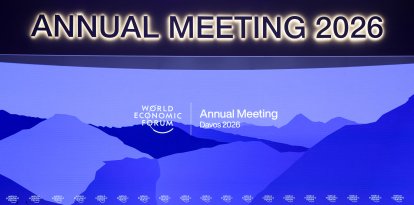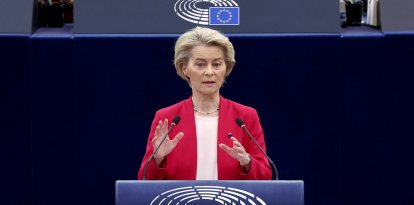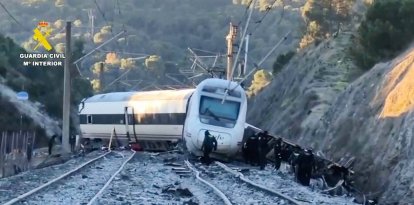South Korea battles its worst wave of wildfires in 20 years
South Korean authorities have evacuated more than 27,000 civilians from areas affected by the fires, which started last week, due to this year's mix of hot and dry weather.
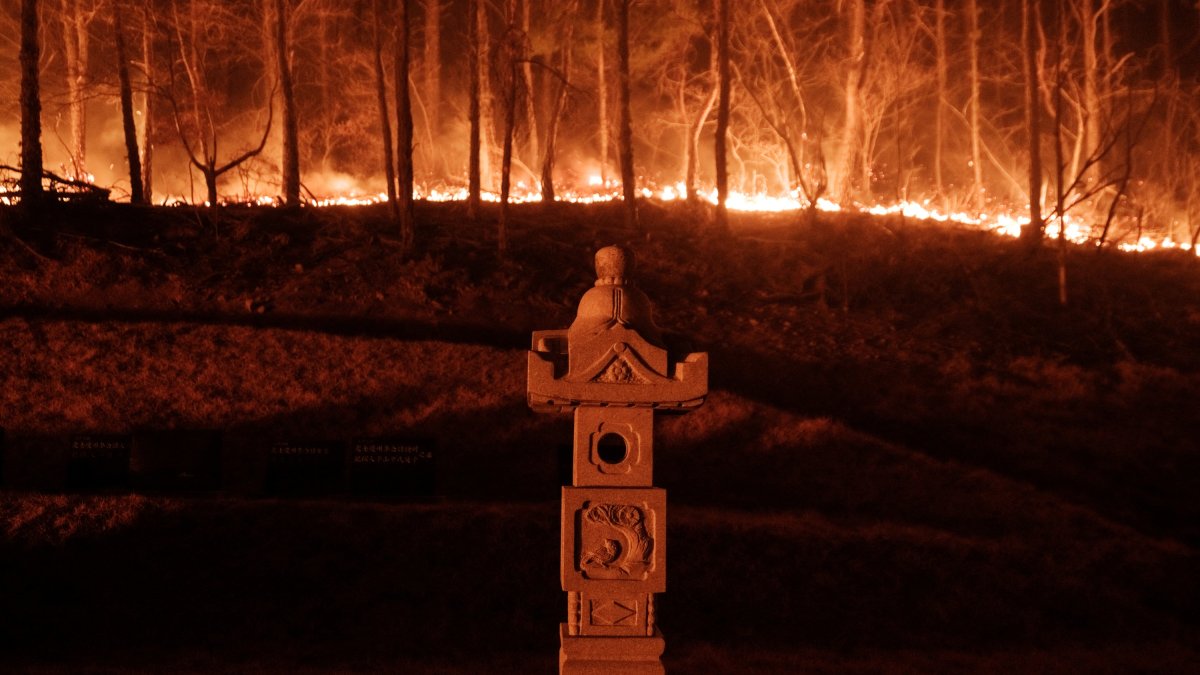
South Korea records its worst fires in two decades
Fires raging in southeastern South Korea have become the country's largest on record, claiming 26 lives so far, according to South Korea's disaster management official on Thursday.
Since the weekend, more than a dozen fires have been raging, affecting over 86,000 acres and forcing the evacuation of 27,000 people as fast-moving flames, fueled by strong winds and dry conditions, continue to spread.
The fire also threatens several historic sites in the area, including an ancient Confucian academy and a village of traditional houses that has been designated a UNESCO World Heritage Site.
"The fire is spreading rapidly," said Lee Han-kyung, head of the disaster and security service. "Twenty-six people have died, eight are seriously injured and 22 slightly injured," he added.
The affected area now spans more than 88,000 acres, surpassing the size of the largest fire ever recorded by nearly 25,000 acres. That previous record was set by a fire on the east coast in 2000.
Authorities acknowledged that shifting wind directions and dry weather were exposing the limitations of traditional firefighting methods.
Among the victims, mostly residents of the affected area, are at least three firefighters and the pilot of a helicopter that crashed in a mountainous region, according to government officials.
A hot and dry year in South Korea
In addition to above-average temperatures throughout 2024, the fire-affected region was experiencing unusually dry conditions and below-average rainfall, officials said.
While extreme weather events like heatwaves and torrential rains are clearly linked to climate change, events such as fires and droughts may result from a more complex combination of factors.
However, South Korean public officials and experts link these episodes to the climate crisis.
"The affected areas only received half the usual rainfall which, combined with unusually strong winds, dramatically accelerated the spread of the fire," said Lee from the disaster management agency.
Expert Yeh Sang-Wook, professor of climatology at Hanyang University in Seoul, told AFP that the lack of rain dried out the soil and "created favorable conditions for wildfires."














